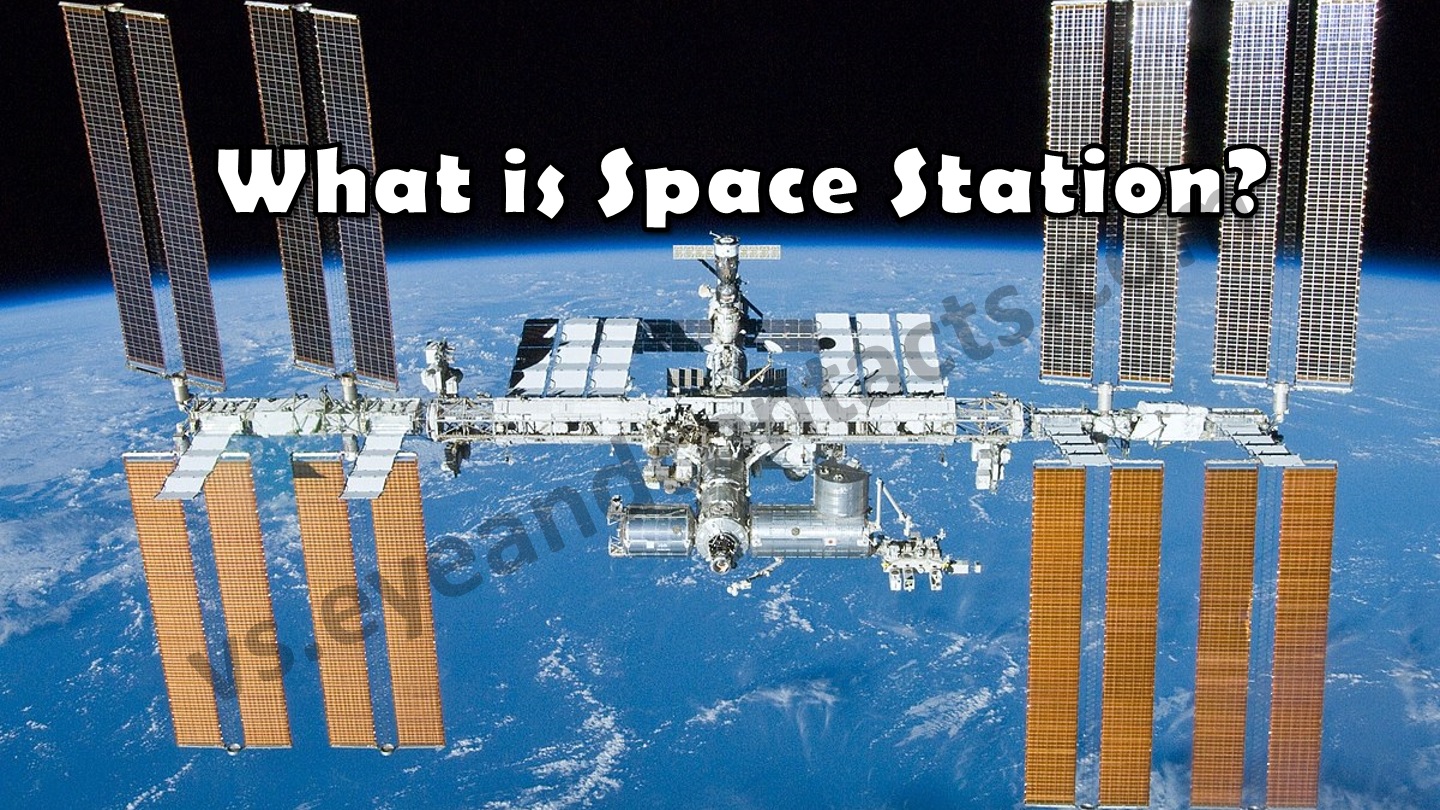What is a Space Station?

The International Space Station is a large spacecraft that orbits around the Earth. It is a home where astronauts stay during their space-mission. Why do we build it in the first place? Curiosity is the essence of human existence, and it has taken us to the deepest part of the ocean, to the tallest mountains, to every unexplored part of the world, and even beyond it into space. Scientists around the globe are always on their toes to explore the wonders of the universe. But soon, they realised that it isn’t possible within the confinement of the tour walls of the lab, as if they needed to know more about space then they have to stay in the space. So to facilitate research, gather data, explore and do much more, five space agencies that include NASA from the United States, Roscosmos from Russia, JAXA from Japan, ESA of Europe and CSA of Canada took the initiative to build an International Space Station on the Earth’s orbit.
And after some essential formalities Russia sent the first module called Zarya, meaning sunrise in the Russian Language. Zarya provided the solar panels to generate electricity and propulsion to accelerate the spacecraft so that is doesn’t crash back to the Earth. After this, the United States launched the module named Unity or Node 1 to connect the other modules.
After that more pieces were added by other space agencies. And step by step, two years later, the station was ready for the people. The first crew went there on 2nd November 2000, and people have lived on the space station ever since. Over time some more pieces were added to it, and finally NASA and its partners around the globe completed the space station in 2011.
The space station is made up of many parts called modules. The first module has parts required to make the space station work, and it is also where the Astronauts live during their visit. Modules called “nodes” connect parts of the station to each other. It also has labs that led astronauts do research. Not only that, but the space station also has few bedrooms for taking naps. But because the sun rises every 45 minutes, the crew working there usually wears sleeping masks. And as there is very little gravity, astronauts need to tie themselves to something, so that they don’t float through the air while they sleep. There is also a kitchen to feed a hungry stomach, a gymnasium to prevent muscles from growing lazy, and a couple of bathrooms to clean themselves. However, they must bring or produce all of the air, water and food that they need to survive, and on the sides of the space station are solar arrays that collect energy from the sun and turn sunlight into electricity. Besides, you will find Airlocks on them that are like doors the astronauts use to go outside on spacewalks. Also, a return vehicle is available if an emergency requires the ISS crew to leave immediately.
Did you know, around 240 individuals from 19 countries have visited the International Space Station to date? Also, the ISS is the single most expensive object ever built. The cost of the ISS has been estimated at over 120 billion dollars.
No comments:
Post a Comment